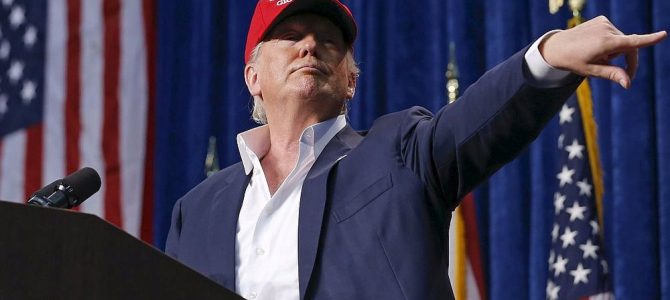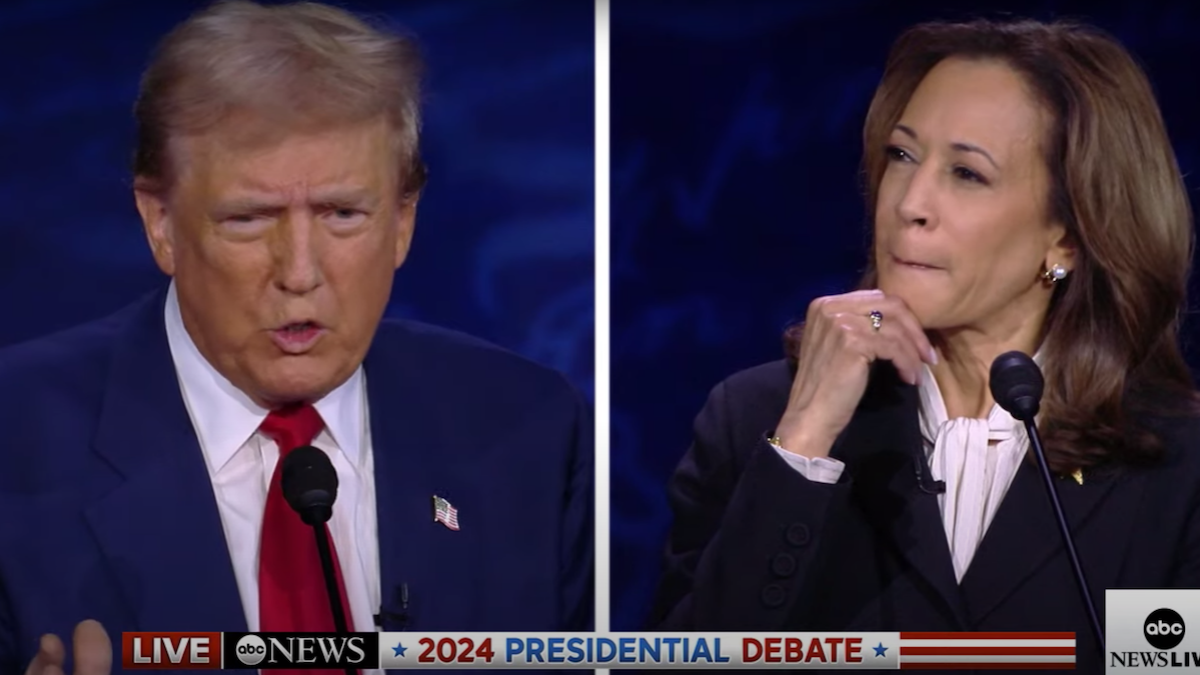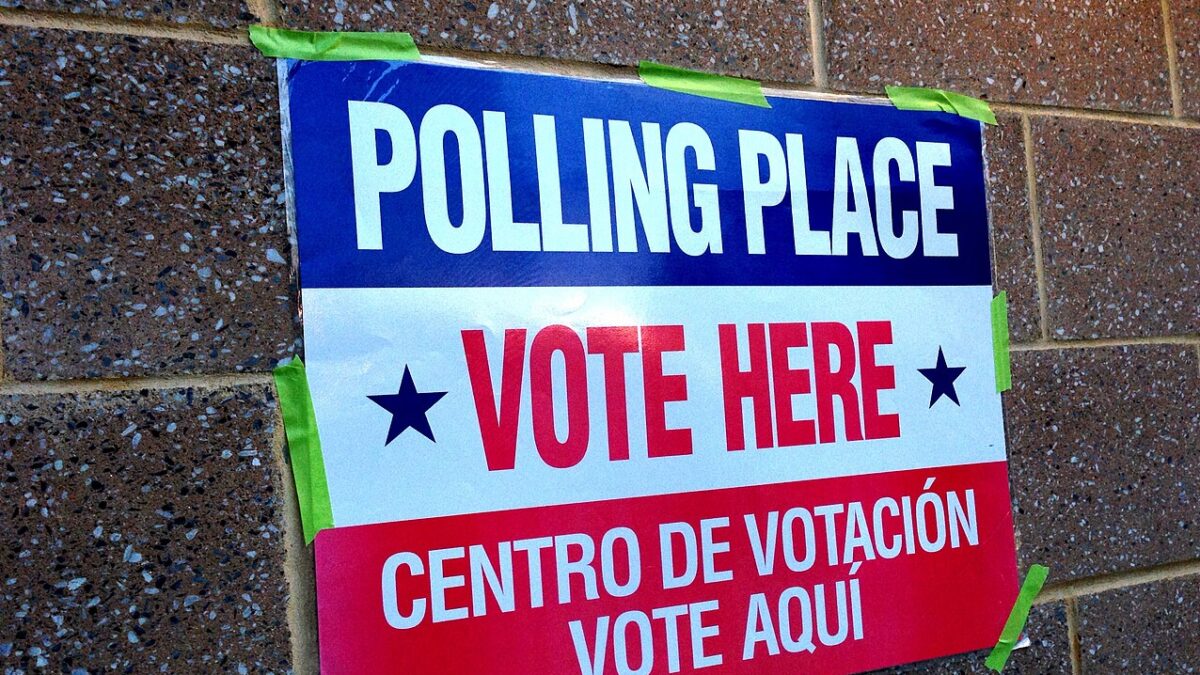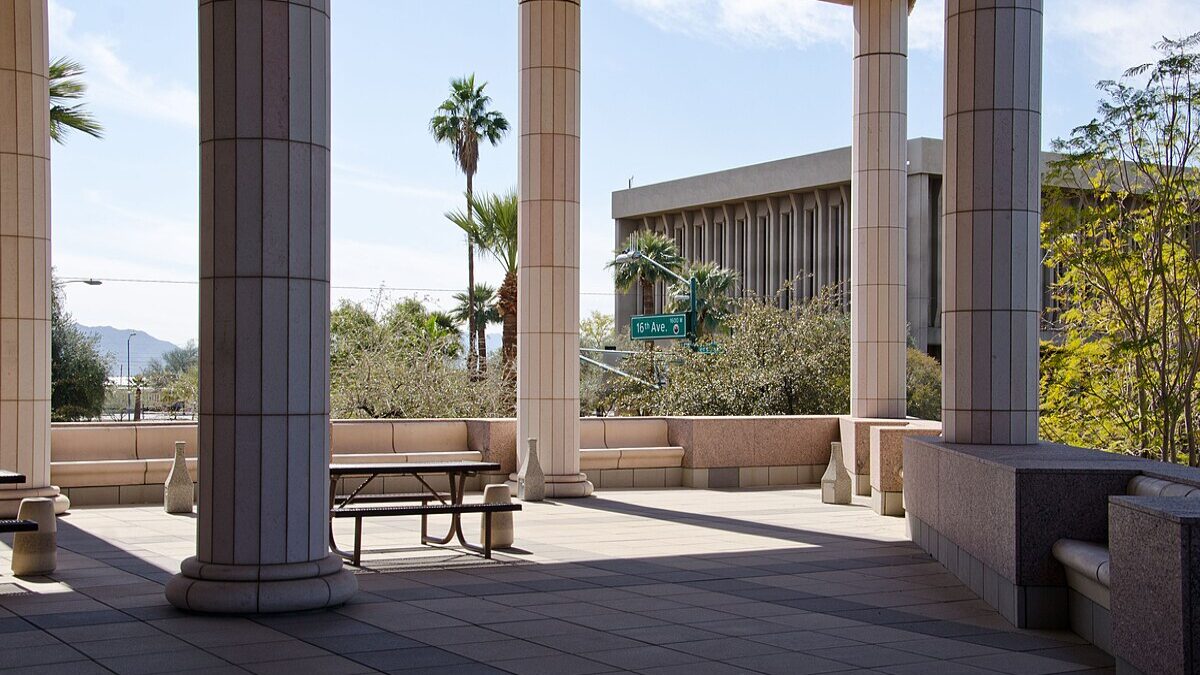
Among the many reasons offered for holding one’s nose and voting for Donald Trump is that he’s our last, best hope for stopping the juggernaut of political correctness. We’ve all come across such opinions on Twitter. I’ve even been accused of opposing Trump for self-interested reasons because I’ll have “nothing to discuss and no money to make if Trump actually crushes political correctness.”
Pundits such as The Wall Street Journal’s Daniel Henninger have expressed similar ideas on a more sophisticated level. In an August column, Henninger blamed Obama administration policies for the “campus pillaging of free speech” and the gutting of due process for students accused of sexual offenses. A Hillary Clinton victory, he predicted, would further empower the forces of PC. While the column did not mention Trump by name, Henninger clearly implied that a President Trump could rein in the campus witch-hunts. In an earlier column, he had hailed Trump’s candidacy as a symbol of the “revolt of the politically incorrect.”
The spread of cult-like “social justice” progressivism obsessed with purging speech, thought, and everyday behavior of anything that could be deemed “oppressive” is a very real problem, not just on college campuses but in many other areas, including popular culture and “geek culture.” Thus, shaming people for various offenses against goodthink, both in the social media and in online publications, has become standard practice.
Just recently, for instance, actress Hillary Duff and her boyfriend Jason Walsh had to offer profuse apologies after dressing up as a “sexy pilgrim” and a Native American for Halloween. But could a Trump presidency really “crush political correctness”—or, perhaps, make it worse?
Presidents Have Little Effect on Political Correctness
First of all, the occupant of the White House, whoever he or she is, generally has a very limited effect on the country’s cultural climate. The first wave of campus PC, including the college rape panic, rose in the 1980s and the early 1990s, mostly under Republican presidents (it waned somewhat by 2000 on Bill Clinton’s watch).
Under President Obama, the Department of Justice and the Department of Education’s Office of Civil Rights have undoubtedly helped create a chilly climate for “offensive” speech on campus and for students accused of sexual misconduct, by issuing sweeping guidelines for enforcing anti-discrimination laws and threatening to withhold federal funds from noncompliant schools. But is this the only or even the main source of the present-day campus culture of trigger warnings, safe spaces, and sprawling definitions of sexual assault? Certainly not.
Indeed, to his credit, Obama has criticized the trend of trying to shut down and exclude unwelcome or unpopular viewpoints in universities. And the Obama White House is certainly not responsible for the PC takeover of popular culture.
Trump, for all that he bemoans “political correctness,” has actually barely touched on the subject of campus PC. His complaints mainly seem to be directed at excessive reluctance to collectively blame Mexicans or Muslims for various ills. At an Ohio rally in October, Trump promised free speech in college as an afterthought to comments about lower tuition and student loan repayment. I believe that’s the only time he has raised the subject, which means Obama has said a lot more on the issue.
Trump’s Version of Anti-PC Reinforces It
What’s more, in many ways, Trump is practically the poster boy for PC. Remember that obnoxiously smug Google Chrome extension set up to auto-replace “political correctness” with “treating people with respect,” a variation on a left-wing leitmotif? Trump validates that Chrome extension with the entirety of his behavior. If anyone ever creates a Chrome extension that replaces “political incorrectness” with “being a bullying jerk,” they should call it Trump 1.0.
Trump has, at various times, painted Mexicans who live illegally in the United States as a horde of violent criminals and rapists; impugned a judge’s impartiality because of the judge’s Mexican background; suggested banning all Muslims from entering the United States; speculated that the mother of a fallen American Muslim soldier who appeared with her husband at the Democratic National Convention didn’t speak because “she wasn’t allowed to have anything to say”; mockingly mimicked a disabled reporter for challenging Trump’s false statement that thousands of Muslims had danced in celebration on September 11; and insulted the looks of his female primary rival Carly Fiorina with the jeering comment, “Look at that face! Would anyone vote for that?”
When a man who behaves this way is held up as a fighter against political correctness, it lends credence to the leftist fallacy that the alternative to PC is unabashed bigotry and male chauvinist pig-erry. Yes, it’s very true that the cavalier, anything-goes abuse of such loaded words as “bigotry,” “racism,” “sexism,” “misogyny” etc. by the cultural left has greatly weakened the stigma and impact of those terms. (If you can get “called out” for racism for wearing dreadlocks while white, there’s not much shame in being called a racist.)
But Trump-style “political incorrectness” can easily have the reverse effect, especially if Trump is actually elected president: it can be invoked as proof that demeaning and hateful attitudes toward minorities and women really are rampant in America and that PC is the thin rainbow line that stands between us and the triumph of such ugliness.
We Do Need Some Social Taboos
In 1990, during the first surge of political correctness in America, I gained a new perspective on the issue after making two trips to what was then still the Soviet Union. On one occasion at a dinner party, an educated professional in his thirties calmly told me, apropos of demands for independence in the republics of Central Asia, that “all those Uzbeks, Kazakhs, Tadjiks and so forth need to be ruled by the iron fist of the white man, just like your Negroes.” Having gotten used to American norms after a decade of living in the United States, I wouldn’t have been more stunned if he had casually unzipped his pants and urinated on the floor.
Another time, a college student moonlighting as my driver told me that a student at his university had been arrested for raping a 60-year-old woman. The driver remarked, “At that age, you’d think she’d send him a thank-you note instead of going to the cops.” All of a sudden, I was starting to appreciate at least the milder forms of PC—not the aggressive scrutiny of innocuous speech for potential offense, but the social taboos on frank racism and sexism. I suspect Trump and Trump supporters are likely to have a similar effect domestically.
Indeed, this has already happened with regard to sexism and so-called “rape culture.” The release of the 2005 video that showed Trump bragging crudely about how his celebrity status allows him to “do anything” to women, including grab their genitals, and the subsequent accusations of sexual harassment and assault coming from several women, sparked a new round of feverish denunciations of “rape culture” in America. (Never mind that the disgusted reaction to the video, for which Trump had to offer a rare apology, hardly suggests cultural tolerance for such behavior.)
Writing in The Daily Beast, Erin Gloria Ryan, the former editor of Jezebel, sarcastically thanked Trump for providing “a living demonstration that sexism is real and that women who complain about facing it aren’t just making stuff up.” Several people skeptical of the feminist narrative of supposedly rampant and tacitly condoned sexual violence in our culture have privately expressed concerns that the Trump scandal would boost this narrative.
Indeed, when the Harvard men’s soccer team’s season was canceled last week for some players’ heinous crime of rating the sex appeal of their female counterparts in private exchanges, some of the coverage explicitly mentioned Trump as an emblem of the sexist culture Harvard and other universities were combating. “It’s less that [Trump is] an exception,” one female Harvard sophomore told The New York Times, “but more just an extension of everybody.”
Electing Trump Would Validate Social Justice Warriors
Under these circumstances, what would happen if Trump won? One Trump supporter assured me that his election would deprive gender-war feminists and social justice warriors of their power of public shaming, since it would be “a repudiation of their claims of ‘moral majority.’” But that’s highly doubtful. Same-sex marriage opponents were being shamed when majorities were still voting to limit marriage to heterosexual unions.
Especially since Trump voters skew older, white, and male, the anti-Trump “rainbow coalition” would could be readily portrayed as the “moral majority” of the future. The election of a president widely seen as a misogynist, a bigot, and a sexual predator would only make them more zealous.
Meanwhile, a Trump administration—which could ill afford to alienate moderates, Republican women, and many others—would be in an exceptionally bad position to take any steps that could be portrayed as weakening protections from sexual harassment and sexual violence. Even social conservatives would likely view such steps as highly suspect coming from Team Trump. (Can you imagine the headlines?)
Indeed, Trump’s candidacy has almost certainly already damaged the ability of congressional Republicans to remedy the current federal overreach in this area. No one wants to be seen as enabling an army of Trumpish frat guys to grab college girls by their private parts.
It is also worth noting that some of the most vocal opposition to both PC speech-policing and the excesses of the feminist War on Rape has come from pro-free speech, pro-civil-liberties liberals—both journalists and lawyers or law professors. A Trump victory in the election might well cause the “progressive” side to circle the wagons.
Another reason Trump is a poor choice for taking on PC is that both his rhetoric and his appeal are strongly connected to the culture of victimhood. The result would certainly not be a defeat of political correctness, but further polarization and entrenchment on both sides: an increasingly militant cultural left versus an increasingly nasty and brutish Trumpian right, rooted not in the principles of individual liberty and morality but of a white, far-right version of identity and grievance politics.
Under a Clinton administration, policies that encourage political correctness would almost certainly continue. But the political, cultural, and legal resistance to PC already has a strong momentum on its side. That momentum will grow if the Trump phenomenon makes more liberals realize (as it should) that PC allowed to run amok will breed a dangerous backlash.
The results of a Trump victory are, of course, hard to predict. But it’s very unlikely that it would lead to much institutional rollback of PC—and, culturally, it would almost certainly make things worse.









